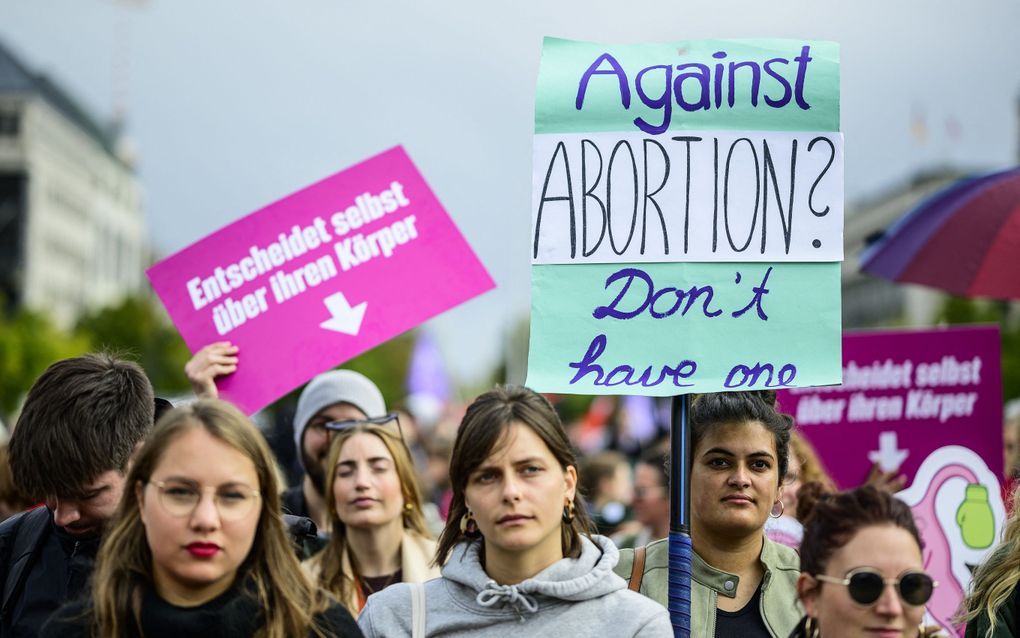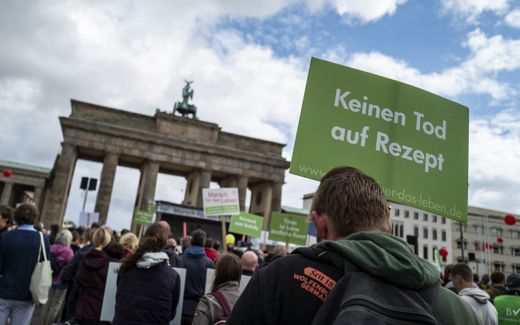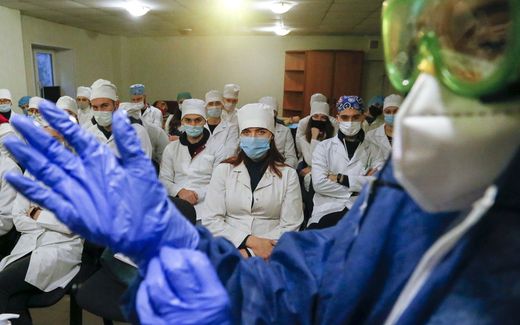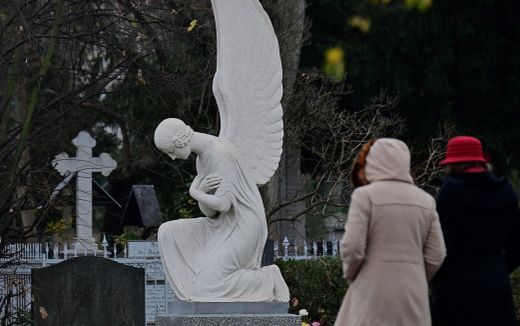Why abortion remains an issue of debate in Germany

Protesters display pro-choice placards during a pro-choice counter demonstration coinciding with the annual anti-abortion "March for Life". Photo AFP, John Macdougall
Central Europe
Abortion should be removed from the criminal code, an advisory commission suggests to the German coalition. Once again, the abortion law in Germany is in debate.
A special commission researched the options for liberalising the abortion law in Germany. The liberal traffic light coalition ordered the study. On April 15, the report was presented.
Abortion has been part of the criminal code since 1871. Article 218 makes it illegal to terminate a pregnancy. However, the practice has been tolerated under certain circumstances. As long as the abortion takes place in the first twelve weeks of pregnancy and happens after a consultation with an expert, it does not have any legal consequences. In exceptional cases, abortion is possible up to 22 weeks.
About 5.9 out of 1000 women end their pregnancy in Germany. That would mean that 104,000 unborn babies were removed from the womb in 2022.
Throughout the years, several attempts were made to abolish paragraph 2018 from the criminal code and thus officially legalise abortion. However, Germany's highest judges prevented that from happening. They ruled that the Constitution obliges the "state to protect human life, including unborn life", the court in Karlsruhe stated in 1993.
Threat
However, in 2021, the coalition, consisting of the socialist SPD, de Greens en de Free Democratic Party (FDP), decided to take up the issue once again. The parties appointed a special commission to look into the possibilities to liberalise the abortion law.
Recently, the commission presented its results, which immediately led to a controversy. Not only did it suggest the abolition of paragraph 218, but it also advises the government to legalise abortion in certain cases until the moment a foetus is viable outside the womb. Currently, this limit is at 22 weeks. Abortions of pregnancies over twelve weeks should then be possible if the pregnancy threatens the life of the woman, but also if it possibly leads to her physical or mental health or if the pregnancy is the result of sexual violence.
Insurance
The advisory commission believes that the fundamental rights of self-determination of women are violated when abortion is illegal in essence.
According to the members of the commission, decriminalisation of abortion could have important consequences, Spiegel writes. For example, health insurance companies would be obliged to cover the costs of the termination of pregnancy.
Legal steps
However, the suggestions of the committee do not only receive applause. Friedrich Merz, the leader of the CDU (Christian Democratic Union) in Germany, immediately called for paragraph 218 to be kept in the criminal code. Earlier, it announced that it would take legal steps if a law proposal would be made about this issue.
Also, the Roman Catholic organisation Caritas is critical of the suggestions of the commission, Idea writes. President Eva Maria Welskop-Deffaa said in a press release that the proposal to protect the life of children only when they become viable outside the womb is "alien to life". She called the current abortion law "a balanced concept that protects both the life of the child and the self-determination of the woman."
The Protestant Working Group of the CDU/CSU believes that deleting abortion from the criminal code is irresponsible, Idea reports. The President of the working group, Thomas Rachel, Rachel called the proposals from the Commission "damaging to social peace on this extremely contentious topic."
Abolition
At the same time, it remains questionable whether the coalition will really decriminalise abortion. Most politicians seem to be unwilling to unleash a "cultural war" in a time of war, inflation and a weak economy, the Reformatorisch Dagblad stated. In addition, it is uncertain whether the highest German court in Karlsruhe will permit the abolition of paragraph 2018 now.
Earlier, the traffic light coalition changed another law concerning abortion. In 2022, the parties abolished the ban on advertisements for abortion.
Right
Germany is not the only country that reconsiders its abortion law, the Nederlands Dagblad writes. In Belgium, some of the coalition parties want to increase the period in which abortion is allowed from twelve weeks to eighteen weeks. France recently voted to include the right to abortion in its Constitution. And the European Parliament accepted a resolution to include the right to abortion as a constitutional right in the EU Charter of Fundamental Rights.
The German broadcaster ZDF points out that the report comes at a bad time for the traffic light coalition. As the federal elections are next year, the coalition may not even have enough time to introduce legislation, ZDF writes.
Furthermore, any steps they take could be used against the coalition parties, for example, by the right-wing AfD party that already stated that "if they want to wage the culture war, then they will wage it with us." At the same time, it is also not impossible that the issue remains a hot potato until after the federal elections.
Related Articles










